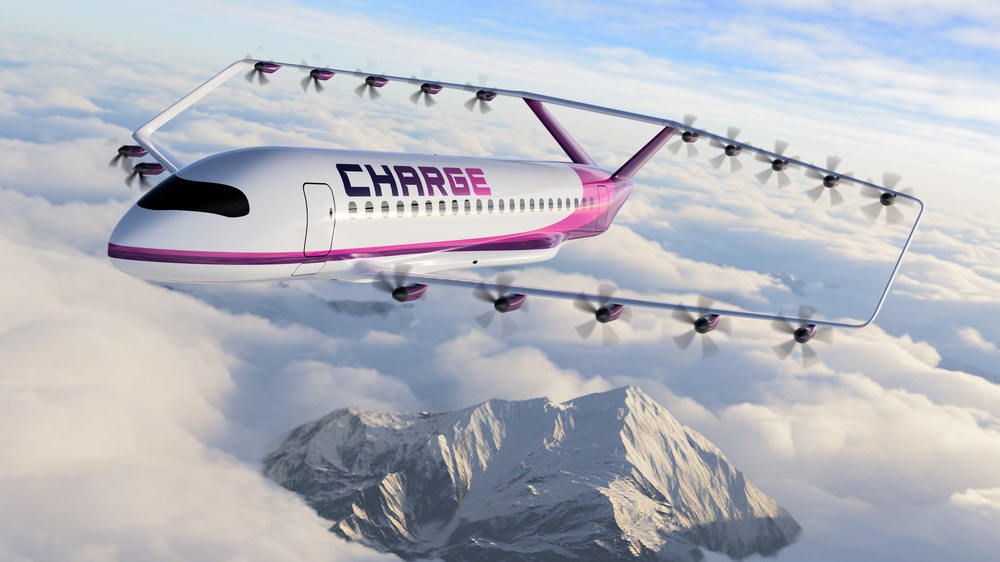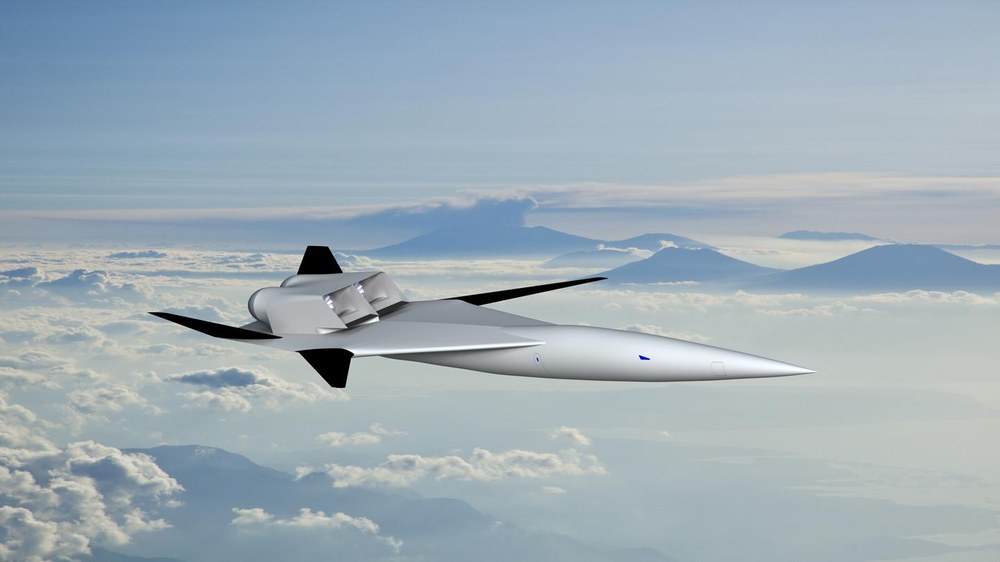Flyer: DLR Design Challenge 2025: MedEvac
Designing the Future of Emergency Air Transport


Shape the future of aviation technology with your own ideas during your studies. Develop designs for efficient, low-emission and, if possible, climate-neutral aircraft that address the problems of today's and tomorrow's world. These are the tasks that the German Aerospace Center (DLR) has been setting students throughout Germany since 2017. The DLR Design Challenge addresses different topics each year.
The air transport sector will face enormous economic and environmental challenges in the coming years. These require innovative and sustainable ideas and approaches in order to offer added value to society. In this context, since 2017 DLR has held an annual competition for students to come up with futuristic aircraft concepts that are geared towards current areas of focus in aeronautics research. Most importantly, the designs should comprise a coherent overall concept, with a focus on the specific key theme for that year's competition. New issues are emerging in aeronautics research, particularly against the background of climate change and digitalisation. The design concepts should properly engage with issues that are currently critical in aircraft design, with a view to shaping the aeronautical technologies of the future with new innovations and visions. Radical new ideas are therefore required. In recent years, for example, hydrogen-powered aircraft, parcel-delivery drones, and supersonic aircraft have been designed to have a significantly reduced environmental impact.
This year, the DLR Design Challenge 2024 is calling for the development of concepts for new, climate-efficient aircraft to serve a network of regional routes. By integrating novel concepts and sustainable technologies, the aircraft should help to reduce climate impact while also enabling cost-efficient operating models for regional flight routes. Tackle it as a team and submit your concept!
Any students who are interested can register through their university department. They will then receive an invitation to the kick-off event, which usually takes place at a DLR location. The task for this year will be announced there. Some general information about the Design Challenge will also be given, along with an introduction to the topic by experts who are dealing with the issue in their research work. Students will also have the opportunity to exchange ideas with participants from other universities as part of a workshop. The aircraft designs and whole-system concepts will then be developed over a period of several months.
Once the reports have been submitted, the Design Challenge will culminate in the final event, which will also take place at a DLR location. A jury of DLR experts, made up of the Divisional Board Member for Aeronautics and several institute directors from the field of aeronautics research, is responsible for reviewing and evaluating the aircraft designs. This evaluation will be based on the reports and presentations that have been submitted. Finally, the winning teams will be announced and congratulated.
The award-winning teams will be able to present their aircraft concepts at an aeronautics conference and receive an exclusive insight into one of the aeronautics research institutes.
8 February 2024 | Early announcement of the topic and schedule of the DLR Design Challenge |
|---|---|
14 March 2024 | E-mail registration deadline for teams via the university's supervising chair |
26 March 2024 | Kick-off event at DLR, publication of the detailed task brief |
21 July 2024 | Submission of reports in English (may include content of own Bachelor's and Master's theses) August 2024 |
8 August 2024 | Closing event at DLR, presentation of the theses and subsequent award ceremony |
September/October 2024 | Presentation of award-winning work at an aeronautical congress |
